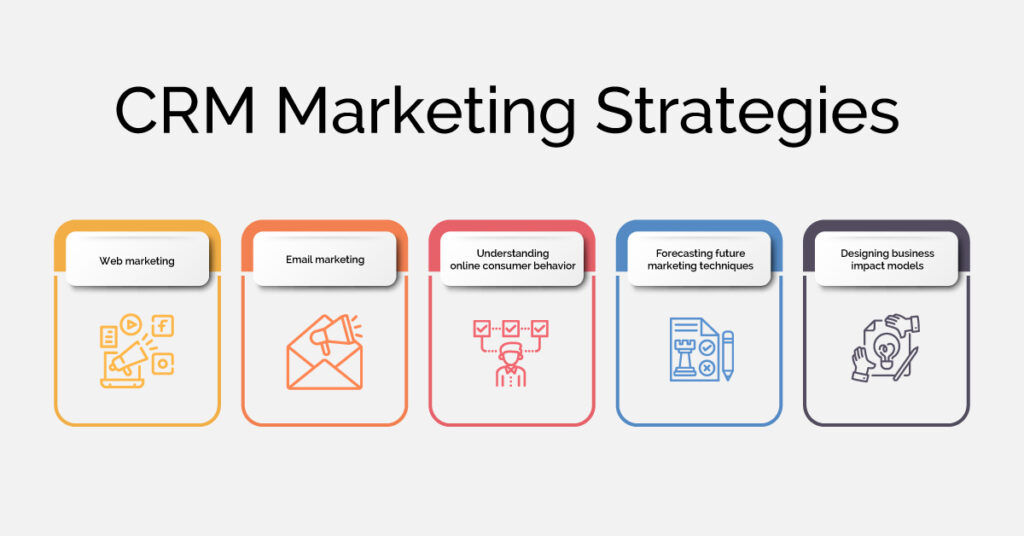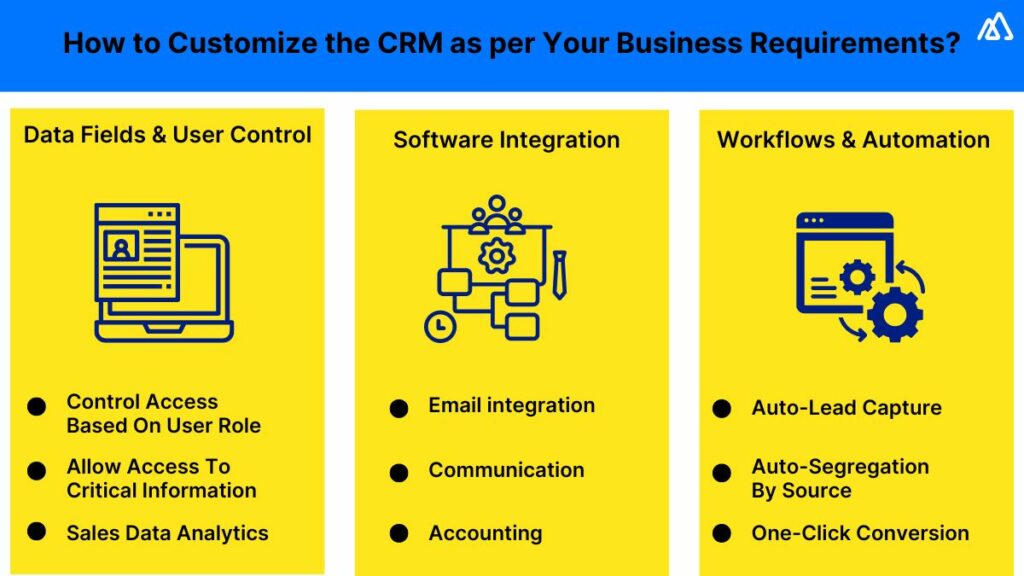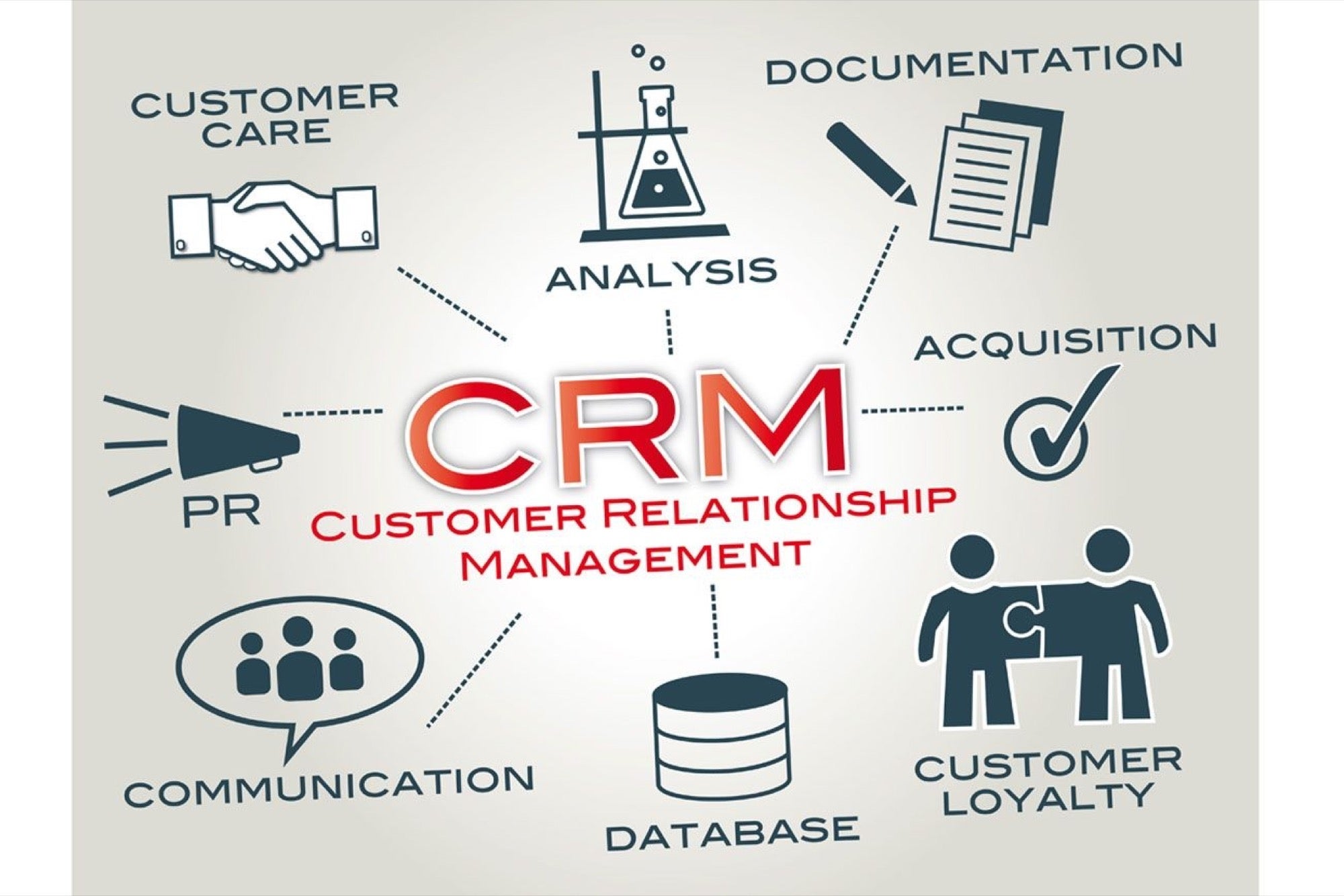Bloom & Grow: The Ultimate CRM Guide for Small Florists to Cultivate Customer Relationships
Introduction: Cultivating Connections in the Floral Business
Running a small florist business is a labor of love. You’re not just selling flowers; you’re crafting emotions, celebrating milestones, and brightening people’s days. But amidst the artistry of arranging bouquets and the hustle of managing inventory, it can be tough to keep track of your most valuable asset: your customers. This is where a Customer Relationship Management (CRM) system steps in as your indispensable ally. It’s more than just a tool; it’s a partner in helping you nurture relationships, streamline operations, and watch your floral business bloom.
This comprehensive guide dives deep into the world of CRM, specifically tailored for small florists. We’ll explore why you need one, the key features to look for, and provide you with a curated list of the best CRM solutions to help you flourish. Get ready to transform your business from a beautiful chaos into a well-organized, customer-centric masterpiece.
Why Your Floral Business Needs a CRM: More Than Just Pretty Flowers
You might be thinking, “I’m a florist; I don’t need a complex CRM system.” But consider this: a CRM isn’t just for large corporations. It’s a fundamental tool for any business that values customer relationships. Here’s why a CRM is crucial for your small floral business:
- Centralized Customer Information: Imagine having all your customer details – contact information, order history, preferences (favorite flowers, colors, occasions), and communication logs – in one easily accessible place. No more scattered spreadsheets or sticky notes!
- Improved Customer Service: With a CRM, you can personalize every interaction. Knowing a customer’s past orders and preferences allows you to offer tailored recommendations, handle inquiries efficiently, and create a truly memorable experience.
- Efficient Order Management: Streamline your order process. Track orders from creation to delivery, manage invoices, and send automated reminders. This saves you time and reduces the risk of errors.
- Targeted Marketing & Promotions: Segment your customer base and send targeted marketing campaigns. For example, you can send a special offer to customers who frequently order flowers for anniversaries or birthdays.
- Increased Sales & Revenue: By nurturing customer relationships and providing exceptional service, you can increase customer loyalty, drive repeat business, and ultimately boost your sales.
- Time Savings: Automate repetitive tasks, such as sending order confirmations or follow-up emails. This frees up your time to focus on what you love: creating beautiful floral arrangements.
- Data-Driven Decisions: Gain valuable insights into your customer behavior and sales trends. This data empowers you to make informed decisions about your product offerings, marketing strategies, and overall business operations.
Key Features to Look for in a CRM for Florists: The Petal-Perfect Checklist
Not all CRMs are created equal. When selecting a CRM for your floral business, prioritize features that directly address your specific needs. Here’s a checklist of essential features:
1. Contact Management: The Foundation of Your CRM
This is the core of any CRM. It should allow you to:
- Store and organize customer contact information (name, address, phone, email).
- Add custom fields to capture specific details relevant to your business (e.g., preferred flower types, delivery instructions, anniversary dates).
- Easily search and filter your customer database.
2. Order Management: Streamlining Your Floral Workflow
Efficient order management is crucial for a smooth-running floral business. Your CRM should include:
- Order creation and tracking: Easily create new orders, track their status (e.g., pending, in progress, delivered), and assign them to specific delivery routes or florists.
- Invoice generation: Generate professional invoices and send them to customers.
- Payment processing integration: Integrate with payment gateways like Stripe or PayPal to accept online payments.
- Delivery management: Manage delivery addresses, track delivery routes, and notify customers of delivery updates.
3. Communication & Email Marketing: Staying Connected with Your Customers
Effective communication is key to building strong customer relationships. Your CRM should offer:
- Email templates: Create pre-designed email templates for order confirmations, delivery updates, thank-you notes, and promotional offers.
- Automated email workflows: Set up automated email sequences (e.g., a welcome email for new customers, a reminder email before a special occasion).
- Email marketing integration: Integrate with email marketing platforms like Mailchimp or Constant Contact to send targeted marketing campaigns.
- Communication logs: Keep track of all interactions with customers, including emails, phone calls, and in-person conversations.
4. Reporting & Analytics: Tracking Your Business Growth
Data is your friend. Your CRM should provide you with insights into your business performance. Look for features like:
- Sales reports: Track your sales by product, customer, and time period.
- Customer segmentation: Analyze your customer base to identify your most valuable customers and target them with personalized offers.
- Marketing campaign performance: Track the effectiveness of your marketing campaigns (e.g., open rates, click-through rates, conversions).
5. Integration & Accessibility: Ensuring Seamless Operations
Your CRM should integrate seamlessly with other tools you use. Consider:
- Integration with your website: Integrate with your e-commerce platform (e.g., Shopify, WooCommerce) to automatically import customer data and order information.
- Mobile accessibility: Access your CRM on your smartphone or tablet so you can manage your business on the go.
- User-friendly interface: Choose a CRM with an intuitive and easy-to-use interface.
Top CRM Systems for Small Florists: A Bouquet of Options
Now, let’s explore some of the best CRM systems specifically designed or well-suited for small florists. Each has its unique strengths, so consider your specific needs and budget when making your choice.
1. BloomNation: The Floral Industry’s All-in-One Solution
BloomNation is a popular choice within the floral industry, offering a suite of tools specifically designed for florists. While primarily known as a marketplace, BloomNation also provides CRM functionalities that are well-integrated with its e-commerce platform.
Key Features:
- Order Management: Seamlessly manage orders placed through the BloomNation marketplace.
- Customer Database: Store and organize customer information.
- Communication Tools: Communicate with customers directly through the platform.
- Marketing Features: Promote your floral business and run marketing campaigns.
- Website Integration: If you use BloomNation for your website, the CRM is naturally integrated.
Pros:
- Industry-specific features tailored for florists.
- Integration with BloomNation’s marketplace and website builder.
- Simplified order management.
Cons:
- Primarily focused on businesses using BloomNation’s platform.
- May not be as feature-rich as dedicated CRM systems.
2. HoneyBook: Streamlining Client Management
HoneyBook is a client management platform that excels at helping small businesses manage their client relationships, projects, and payments. While not specifically built for florists, its robust features make it a strong contender.
Key Features:
- Contact Management: Centralized client database.
- Project Management: Create and manage projects (e.g., weddings, events).
- Proposals & Contracts: Create professional proposals and contracts.
- Invoicing & Payments: Send invoices and accept online payments.
- Automations: Automate tasks to save time.
Pros:
- Comprehensive features for managing client projects.
- Streamlined invoicing and payment processing.
- Automated workflows to save time.
Cons:
- Not specifically designed for florists, so it may require some customization.
- Can be more expensive than some other options.
3. Zoho CRM: A Versatile and Affordable Choice
Zoho CRM is a popular and versatile CRM platform that offers a wide range of features at an affordable price point. It’s suitable for businesses of all sizes and can be customized to meet the specific needs of a small florist.
Key Features:
- Contact Management: Manage customer contacts and track interactions.
- Sales Automation: Automate sales processes.
- Marketing Automation: Run email marketing campaigns.
- Reporting & Analytics: Track sales and customer data.
- Integration: Integrates with various third-party apps.
Pros:
- Affordable pricing plans.
- Highly customizable to fit specific business needs.
- Wide range of features.
- Excellent for sales and marketing automation.
Cons:
- Can be overwhelming for beginners due to the breadth of features.
- May require some time to set up and configure.
4. Pipedrive: Focus on Sales and Conversions
Pipedrive is a sales-focused CRM that’s known for its user-friendly interface and pipeline management capabilities. It’s a good option if you want to prioritize sales and track your leads effectively.
Key Features:
- Pipeline Management: Visualize your sales pipeline and track deals.
- Contact Management: Manage customer contacts and interactions.
- Sales Automation: Automate sales tasks.
- Reporting & Analytics: Track sales performance.
- Integration: Integrates with various third-party apps.
Pros:
- User-friendly interface.
- Excellent pipeline management features.
- Focus on sales and conversions.
Cons:
- May not be as feature-rich as other CRMs for broader business management.
- Can be less customizable.
5. HubSpot CRM: Free and Feature-Rich
HubSpot CRM is a popular choice for small businesses, offering a free plan that includes a wealth of features. It’s a great option if you’re looking for a powerful CRM without a significant upfront investment.
Key Features:
- Contact Management: Manage customer contacts and track interactions.
- Sales Automation: Automate sales tasks.
- Email Marketing: Send email marketing campaigns.
- Reporting & Analytics: Track sales and customer data.
- Free Plan: Offers a generous free plan.
Pros:
- Generous free plan.
- User-friendly interface.
- Wide range of features.
- Excellent for sales and marketing.
Cons:
- Free plan has limitations on the number of contacts and emails.
- Some advanced features are only available in paid plans.
Implementing Your CRM: From Chaos to Calm
Choosing the right CRM is only the first step. Successful implementation is key to reaping the benefits. Here’s how to get started:
1. Define Your Goals: What Do You Want to Achieve?
Before you even touch the software, clearly define your goals. What do you hope to accomplish with a CRM? Are you aiming to:
- Improve customer retention?
- Increase sales?
- Streamline your order management process?
- Gather more customer data?
Your goals will guide your CRM selection and implementation strategy.
2. Data Migration: Bringing Your Information In
You’ll need to import your existing customer data into your new CRM. This might involve:
- Cleaning Your Data: Removing duplicates and standardizing your data format.
- Importing from Spreadsheets: Most CRMs allow you to import data from spreadsheets (e.g., Excel, Google Sheets).
- Manual Entry: For smaller databases, you may need to manually enter data.
Take the time to ensure your data is accurate and organized. This is the foundation of your CRM success.
3. Customization: Tailoring the CRM to Your Needs
Most CRMs allow you to customize the fields, workflows, and reports to fit your specific business needs. This might involve:
- Adding custom fields to capture specific customer preferences (e.g., favorite flower types, delivery instructions).
- Setting up automated email workflows (e.g., welcome emails, order confirmations).
- Creating custom reports to track your sales and customer data.
Don’t be afraid to experiment and adjust the settings to optimize the CRM for your workflow.
4. Training & Adoption: Getting Your Team On Board
Your CRM is only as good as the people using it. Make sure your team is properly trained on how to use the system. This might involve:
- Providing Training Sessions: Walk your team through the key features and functionalities.
- Creating User Guides: Develop easy-to-follow guides and tutorials.
- Encouraging Adoption: Emphasize the benefits of using the CRM and provide ongoing support.
Encourage your team to embrace the CRM and incorporate it into their daily workflow.
5. Ongoing Monitoring & Optimization: Refining Your Approach
CRM implementation is not a one-time event. Regularly monitor your CRM usage and make adjustments as needed. This might involve:
- Reviewing Reports: Analyze your sales and customer data to identify areas for improvement.
- Gathering Feedback: Ask your team for feedback on the CRM and identify any challenges.
- Making Adjustments: Modify your workflows, reports, and settings to optimize the CRM for your evolving needs.
Continuously refine your CRM strategy to ensure it’s delivering the results you want.
Conclusion: Cultivating Lasting Relationships
In the competitive world of floristry, building strong customer relationships is paramount. A well-chosen and effectively implemented CRM system can be the key to unlocking your business’s full potential. By centralizing your customer data, streamlining your operations, and personalizing your interactions, you can create a truly memorable experience for your customers and watch your floral business bloom. Choose the CRM that best suits your needs, embrace the implementation process, and start cultivating those lasting customer relationships today. Your success is just a click away!




